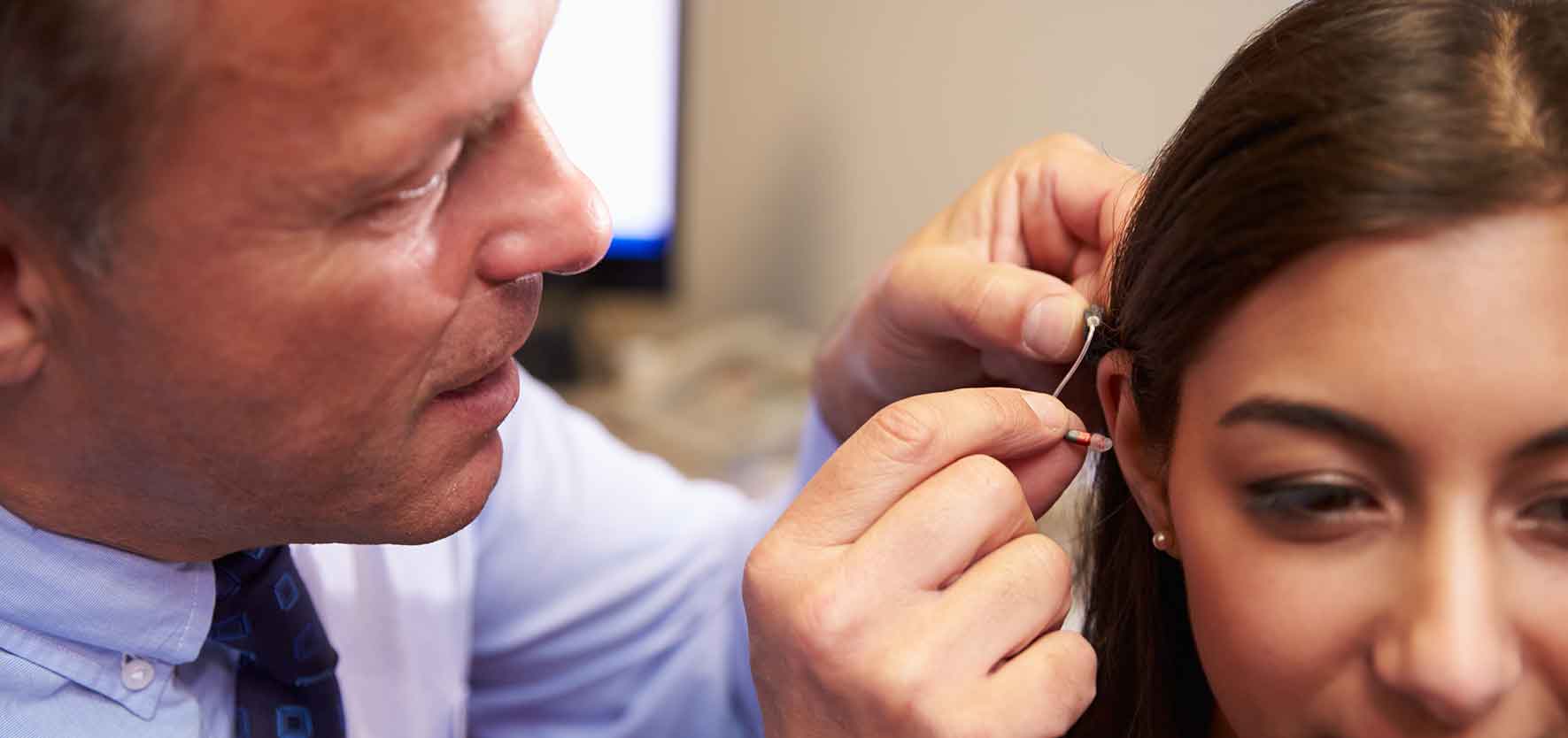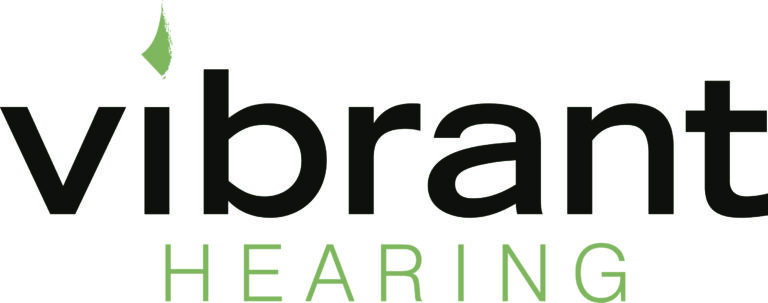Use Your Brain!

Your ears serve as the gateway to a symphony of sounds, but it’s your incredible brain that orchestrates the act of hearing. The human brain boasts a complex network of connections, processing an astonishing influx of sound information every second and transforming it into meaningful experiences. The way this happens is nothing short of miraculous! Picture this scenario: You’re sitting on your porch, engrossed in a quiet conversation with a friend, when suddenly, a beautiful birdsong and an annoying mosquito’s buzz capture your attention.
Chances are, the bird was singing sweetly, and the mosquito was buzzing throughout your conversation. Yet, your brain was primarily focused on your friend’s words while simultaneously registering the presence of the bird and mosquito. Then, seemingly out of nowhere, your brain shifted its focus. This incredible ability to shift focus and continuously process the multitude of sounds and their meanings is a remarkable skill, and it requires a substantial amount of energy!
For those with hearing loss, maintaining focus on meaningful sounds can become an arduous task, especially when dealing with the incessant distractions such as blaring TVs and nearby conversations. Listening and filtering out noise is a multifaceted skill that necessitates practice and training. When our hearing is intact, we possess the tools needed to engage in this practice effortlessly. However, even a slight hearing loss can lead to the gradual deterioration of the sounds that are vital for keeping our auditory faculties sharp. As we lose this input, we stop practicing with these sounds, and our efforts to hear become increasingly taxing.
When the struggle with hearing persists and the disruptive effects of hearing loss become significant, it’s time to consider hearing aids. Yet, hearing aids are merely the starting point of the journey. As you regain access to the sounds that have slowly faded from your world, your brain may initially struggle to adapt. Suddenly, everything seems like a distraction. In the past, you could tune out the little bird and the pesky mosquito and engage in a delightful conversation with your friend. But now, with your newfound hearing abilities, you find yourself inundated with the sounds of passing cars, the humming of the washing machine, the whirring of the air conditioner, and so much more. It can be overwhelming.
Don’t be disheartened, though, for your brain is an incredible learner. With time, effort, and a few clever strategies, you can improve your hearing experience:
- Listen to Audiobooks:Audiobooks are like a workout for your ears. They train you to tune in to cues, fill in the gaps, and strengthen your listening skills.
- Aural Rehabilitation Software:Consider using specialized aural rehabilitation software such as LACE or cLear. These programs offer valuable hearing and listening exercises that have been proven to be beneficial.
- Keep Listening:Simple as it may sound, regular exposure to various sounds is key to improving your hearing. Continue sitting on that porch, attending church, or dining at your favorite restaurant. The new sounds provided by your hearing aids will gradually become more familiar and less distracting.
With well-fitted hearing aids, the guidance of a supportive audiologist, the understanding of family and friends, and a commitment to focused listening, you can enhance your hearing abilities and lead a happier, more fulfilling life.
Remember, your hearing journey is an ongoing adventure, so stay vibrant and embrace the world of sounds around you!

